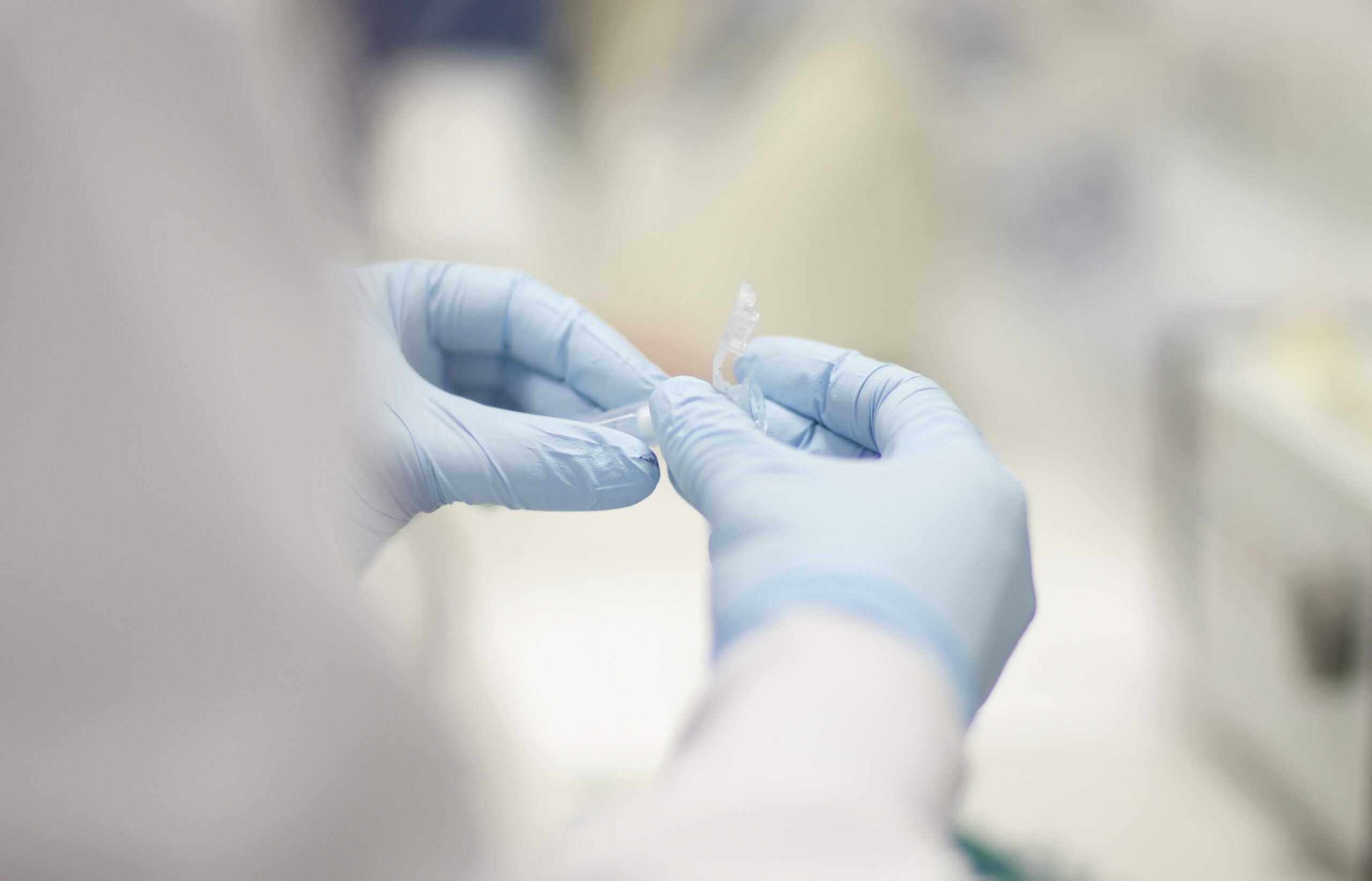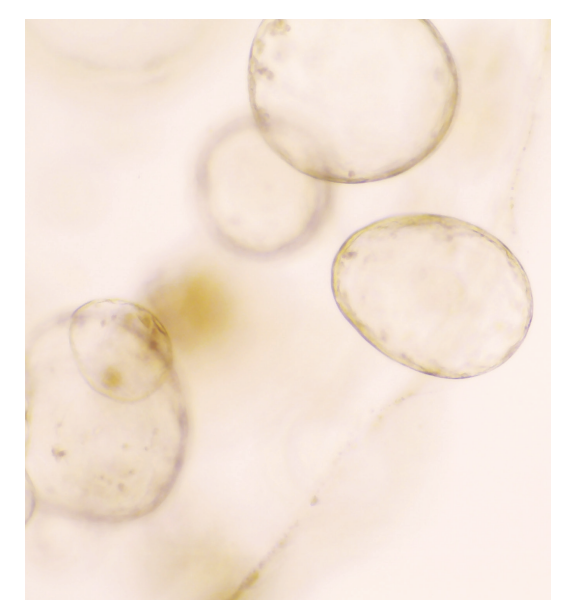Overview
To prevent relapse, at-risk patients must first be identified. Early recognition is essential, because established relapse compromises graft function and forecloses the possibility of influencing donor immune responses. Existing methods, such as minimal residual disease detection, can only be applied to a minority of patients and convey no information regarding relapse mechanism. We hypothesise that biomarkers of immune dysfunction could predict disease recurrence and guide manipulation of the donor immune response to avert relapse. We have established a study to collect peripheral blood samples at 8 timepoints from 300 transplant recipients. We are applying mass cytometry to assess detection of T-cell exhaustion as a potential marker of impending relapse.
Stem cell transplantation works by introducing immune cells which eliminate residual cancer, but donor cells may also damage healthy tissues, a common and potentially life-threatening complication called graft-versus-host disease (GvHD). Strategies to prevent GvHD, by suppressing or removing donor immune cells, increase the risk of cancer returning and together these complications represent the major barrier to improving patient outcomes. We are working to develop blood tests that accurately determine the risk of developing GvHD. This would enable doctors to withdraw suppressive medications for those at low risk, reducing their risk of relapse, whilst giving additional treatment to prevent GvHD in high-risk patients. DNA is released following cell death and its abundance in blood reflects tissue damage. The Cancer Research UK National Biomarker Centre has recently developed a method to characterise the chemical modification of DNA molecules in blood. The pattern of modification can be used to identify the tissue of origin and contains information about the type of immune response. We are investigating the potential of this approach to predict GvHD.





